Operation Sindoor sent a compelling message to Pakistan: this is not the India of 2008, when they could launch the 26/11 Mumbai terror attacks (in which over 170 people were killed and 300 injured) and get away with nuclear blackmail. This is a different India, one that is headed by Prime Minister Narendra Modi, the most decisive leader in independent India’s history and one of the foremost strategists on the global stage today. This India hits back.
Unlike in the past, this time India didn’t appeal for international mediation or issue a diplomatic demarche. Instead, India launched such a calibrated military action that defence experts around the world have given it a resounding applause.
The renowned American defence expert John Spencer wrote in an article in the Small Wars Journal: “India has become a master of the physics of lethality. The United States can learn from their success and model some of their changes for its own needs.”
Austrian combat aviation analyst and author Tom Cooper also described India’s response as a “clear-cut victory”. Cooper asserted that Pakistan’s decision to ask for a ceasefire was a direct result of India’s superior military response. He credited India’s success to its advanced firepower and its multi-layered air defence systems.
Japanese strategic expert Satoru Nagao praised India’s Operation Sindoor, calling it a “responsible and proper” response against state-sponsored terrorism. He called out Pakistan for supporting terrorism and called it a risky strategy. He added that “Operation Sindoor is a very good, responsible, proper response against state-sponsored terrorism”.
Quick Reads
View AllIndia was attacked on April 22, 2025, when 26 Indian civilians, mostly Hindu tourists, were massacred in Pahalgam in Jammu & Kashmir. The Resistance Front (TRF), an offshoot of the Pakistan-based Lashkar-e-Taiba (LeT), claimed responsibility. As is the case with all terrorist groups which target India from their bases in Pakistan, this group is also backed by that country’s notorious Inter-Services Intelligence (ISI).
On May 7, in response to the Pahalgam terrorist attack, India launched Operation Sindoor, a swift and precisely calibrated military campaign. The Indian Air Force struck nine terrorist infrastructure targets inside Pakistan, including the headquarters and operational hubs of Jaish-e-Mohammed and Lashkar-e-Taiba. The targets included key terror training camps and hideouts in Bahawalpur, Muridke, Muzaffarabad, Sarjal, Sialkot, Bhimber and elsewhere.
When Pakistan retaliated with a massive drone swarm across India’s western states, India’s multi-layered air defence network—domestically built and augmented by Russian and Israeli systems—neutralised nearly all of them.
In retaliation for Pakistan’s attack, the Indian armed forces then launched the second phase of Operation Sindoor on May 10. India escalated with additional strikes on six Pakistani military airbases and UAV coordination hubs and broke the spine of Pakistan’s air defence network. The targeted air bases were Chaklala in Rawalpindi, Murid in Chakwal, Rafiqui in Shorkot, Rahim Yar Khan, Sukkur and Chunian. This time, key military structures were targeted, and the damage inflicted on Pakistan was so severe that within hours, it forced Islamabad to beg for peace.
A temporary halt in firing was reached. India did not call it a ceasefire. The Indian military referred to it as a “stoppage of firing”—a deliberate choice of words that reinforced its strategic control of the situation.
Not unexpectedly, PM Modi’s critics argued that India should not have agreed to the ceasefire and that India should have gone further and inflicted more damage on Pakistan, even perhaps facilitating a regime change. However, they seemed to miss the point that Operation Sindoor was not about causing lethal damage to Pakistan or wanting a regime change. It was a limited war executed for specific objectives and succeeded by having the desired effect.
Prime Minister Modi’s message went across loud and clear: terror attacks launched from Pakistani soil will now be treated as acts of war. As he said, “Terror and talks can’t go together. Water and blood can’t flow together.” More than a retaliation, this was the unveiling of a strategic doctrine.
An unmistakable feature of this new doctrine was that India will not tolerate any nuclear blackmail. Rather, India will strike precisely and decisively at the terrorist hideouts developing under the cover of nuclear blackmail.
Another very significant aspect of Operation Sindoor should not be overlooked. It validated PM Modi’s national defence doctrine built around efficient domestic industrial strength. Thus, it was much more than a swift and precise military response to another cross-border terrorist attack.
After becoming prime minister in 2014, Modi launched the ‘Make in India’ initiative, which has led to the reforming of its defence sector. The focus has been on domestic production, self-reliance, and strategic speed. A decade later, that investment paid off in the remarkable success of Operation Sindoor. India used such domestically developed systems like BrahMos missiles, Akashteer air defence units and loitering munitions to strike hardened targets across the border with precision, speed, and overwhelming effect. Pakistani defences—built largely around older Chinese systems—were powerless to detect, deter, or respond to the strikes.
India’s defence procurement has shifted significantly, with around 65 per cent of defence equipment now being manufactured domestically. This represents a substantial move away from the reliance on imports, which earlier accounted for 65-70 per cent of India’s defence needs. This shift is driven by the “Make in India” initiative and a robust defence industrial base, including public sector units, licensed companies, and micro, small, and medium enterprises.
India’s execution of Operation Sindoor and the Pakistani request for a ceasefire were a clear strategic victory for India. However, it would be a mistake to think we will no longer face challenges from Pakistan. The ISI is the fountainhead of terror, and all terrorist organisations like Jaish-e-Mohammed, Lashkar-e-Taiba and Hizbul Mujahideen have an umbilical relationship with it. The ISI will do whatever it takes to rebuild any parts of the terror infrastructure which were destroyed by India.
In this background, the Trump administration’s unmistakable cosying up to Pakistan, along with the loan sanctioned to Pakistan by the IMF (where the US has a decisive say), are signs that we cannot lower our guard. Rather, we need to remain on high alert, and PM Modi is doing just that. That is why he has not declared Operation Sindoor to be completely over, as he declared, “This is not a ceasefire but a halt in operations, as per India’s strategic judgement.”
Summing up, what exists now is a sensitive halt in operations, a strategic hold following a rare and unambiguous military victory. A clear message has undoubtedly gone across to Pakistan—if you provoke us again, we will strike you again—and we will do so in a decisive, precise and telling manner. This is the hallmark of India’s new security doctrine. It remains to be seen whether it makes Pakistan’s ISI see the light of reason. My guess is that it will not, though I would be only too happy if I am proved wrong.
The writer is a retired Indian diplomat and had previously served as Consul General in New York. Views expressed in the above piece are personal and solely those of the author. They do not necessarily reflect Firstpost’s views.


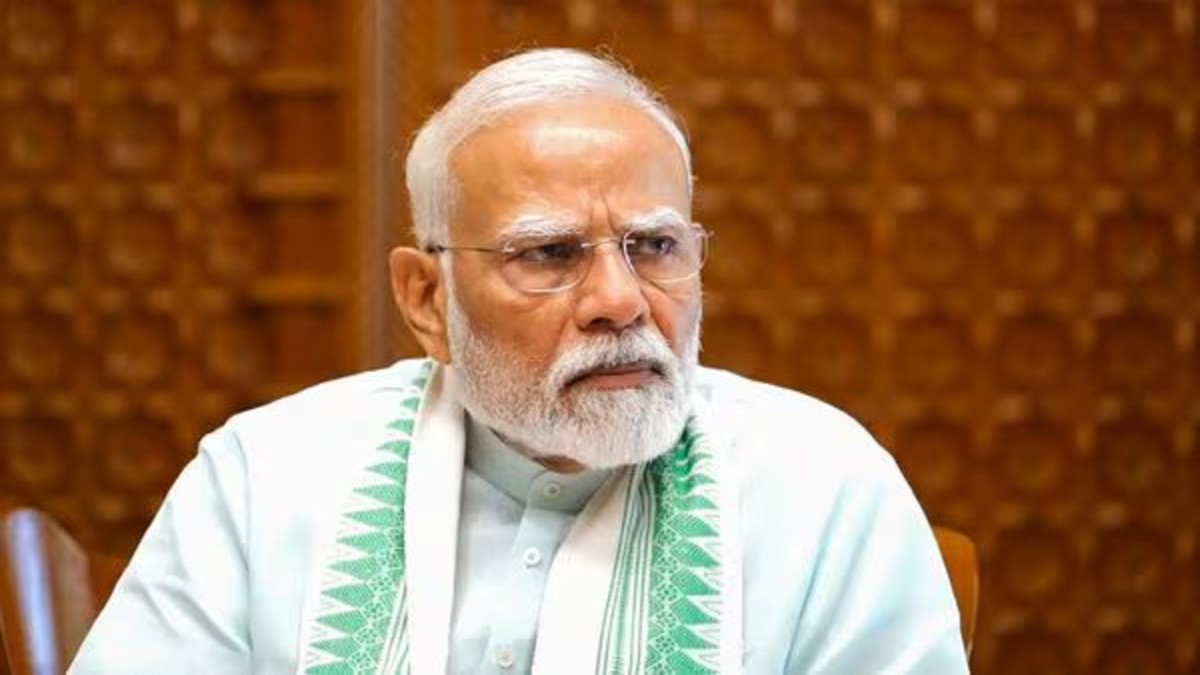)
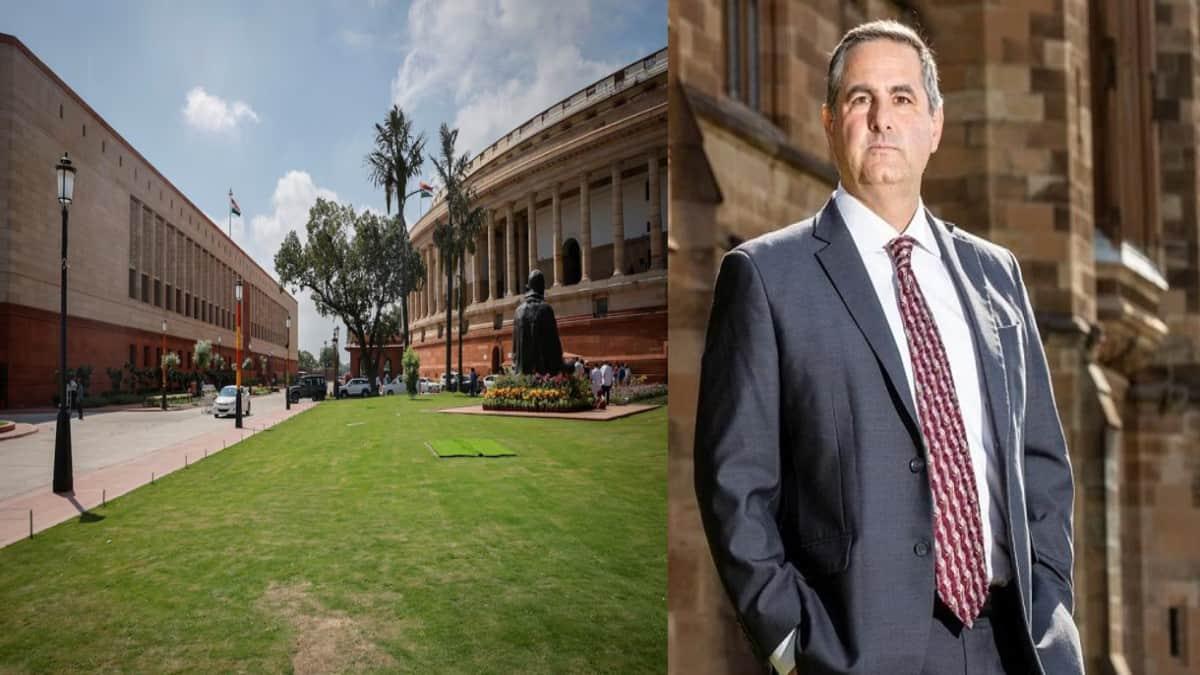
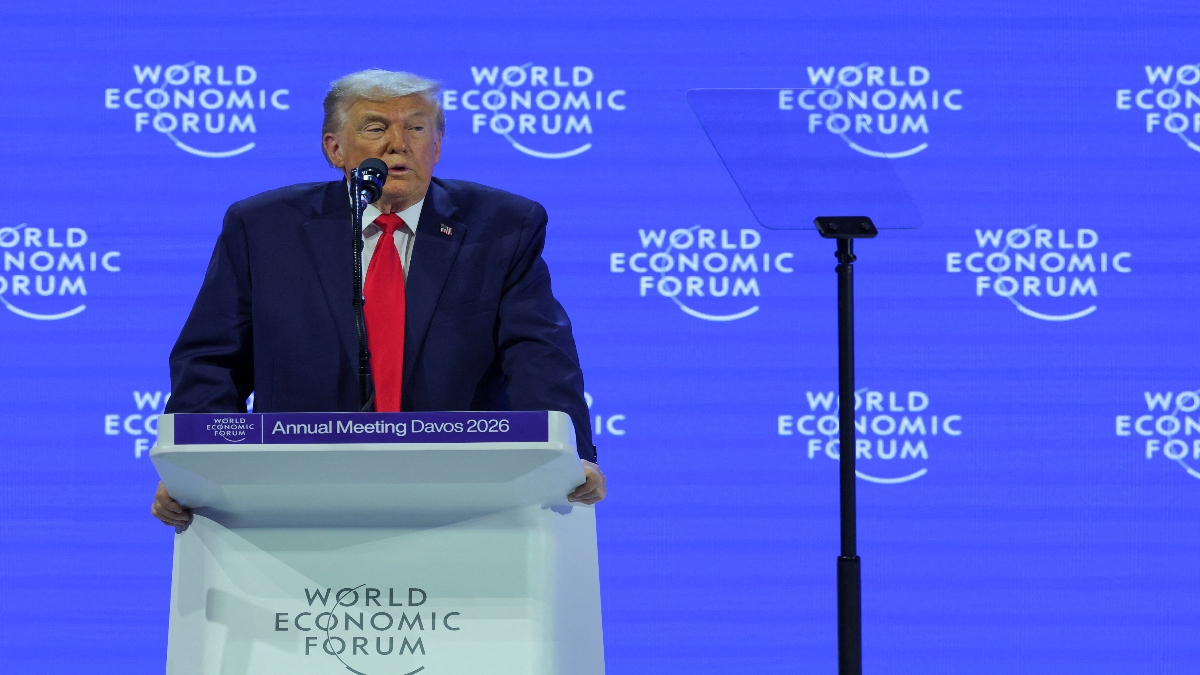)
)
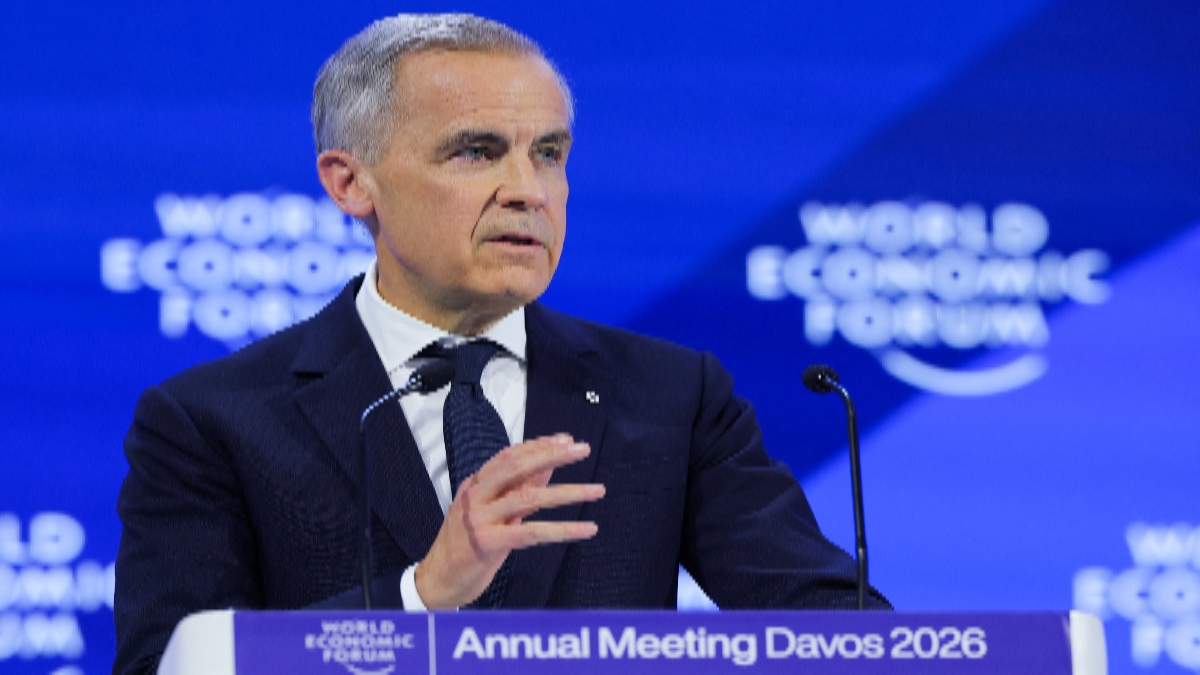)
)
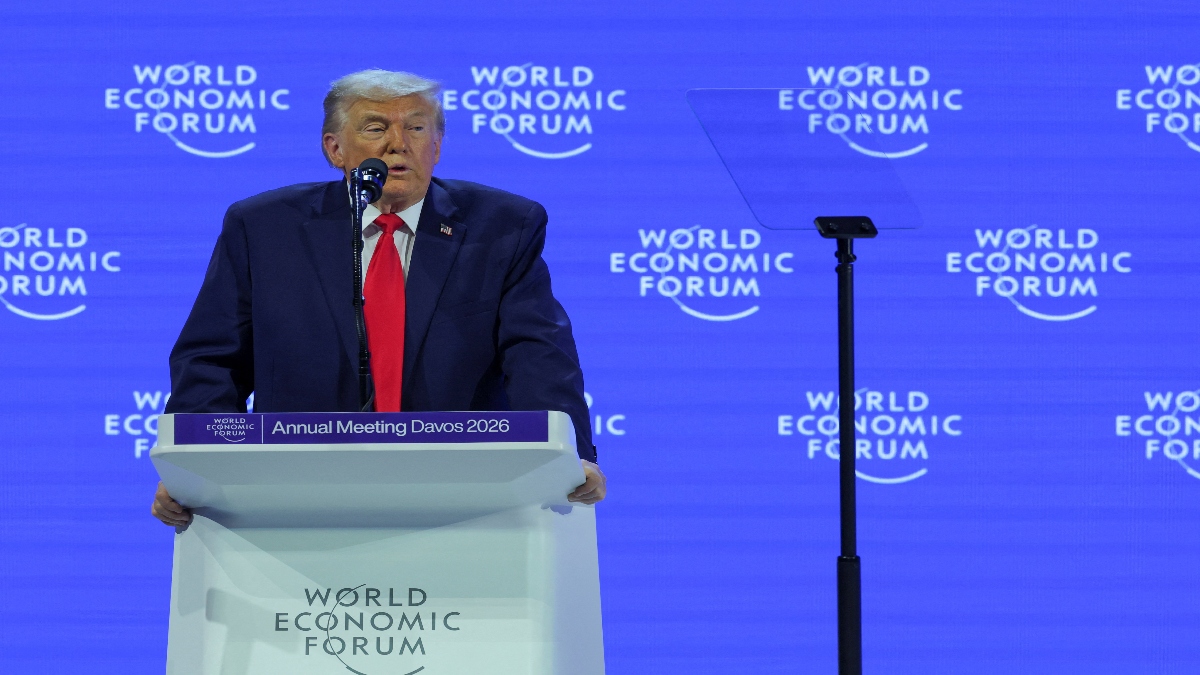)
)
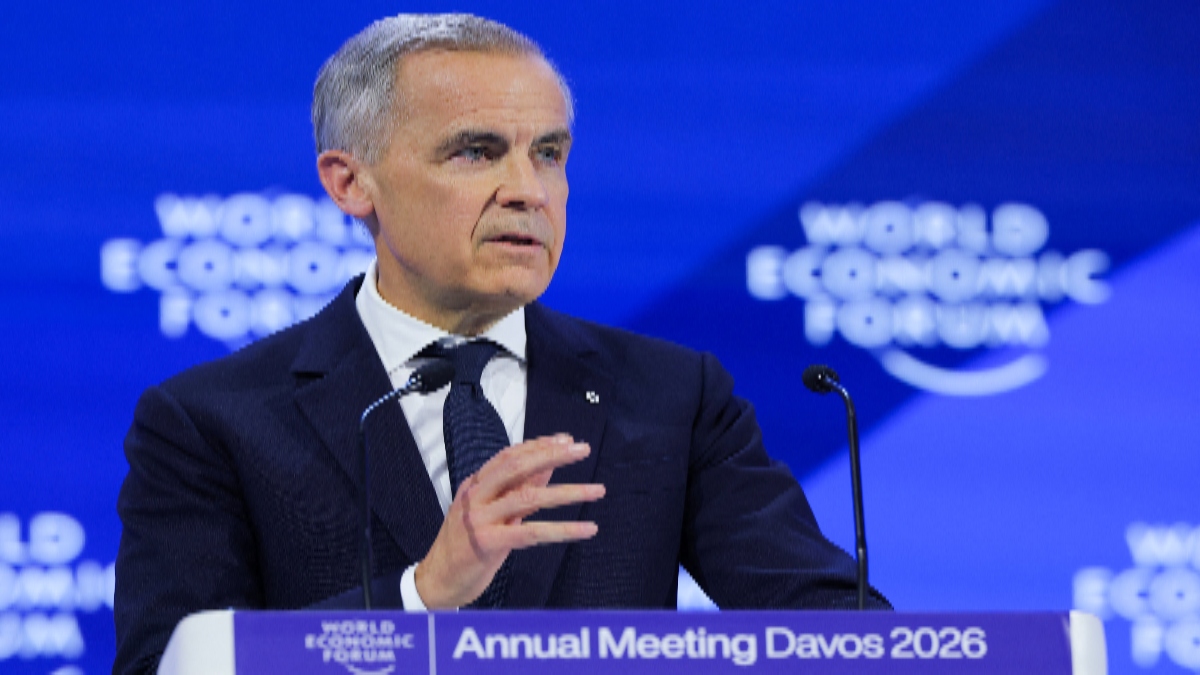)
)



